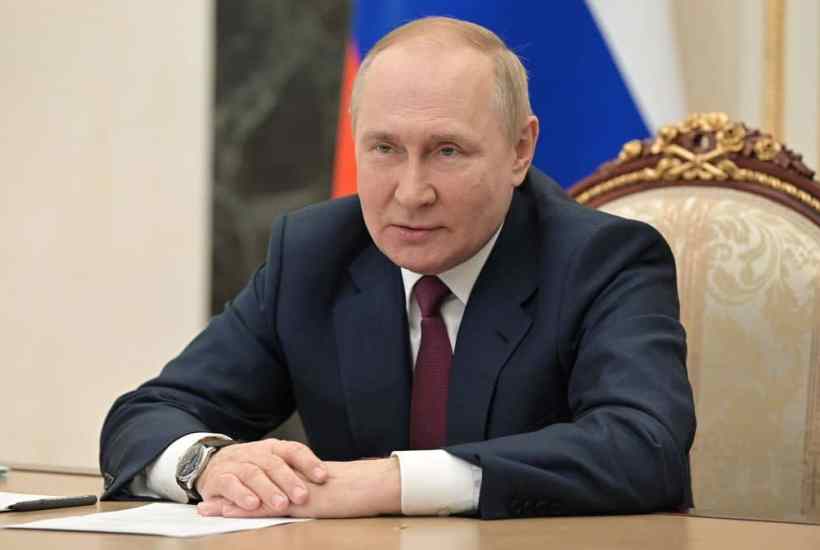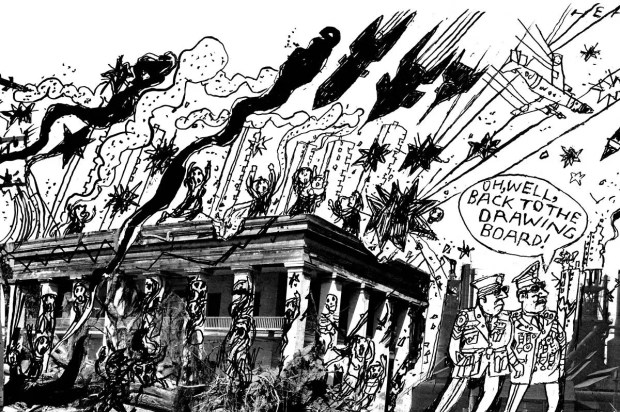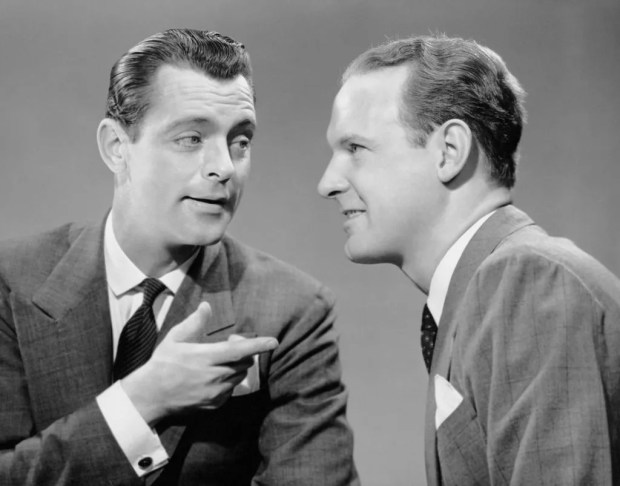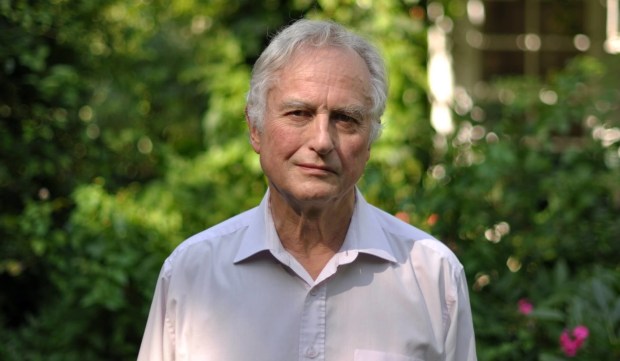After months of speculation and handwringing, it has finally happened: Germany and the rest of Europe are now receiving no natural gas through Nord Stream 1. Aside from how the continent manages to survive this winter, Russia’s moves to shut off supply through its pipeline will have serious long-term ramifications. One of the most significant strategic relationships in the last half-century of European politics has been that between Germany and Russia over energy. That now looks to be over, with no clear prospect of it ever returning.
As with before, Gazprom made technical excuses. This time, they claimed that an oil leak had led to Rostekhnadzor, the Russian state network regulator, ordering the pipeline’s closure until they could get it fixed. Like the other justifications, this doesn’t stand up to scrutiny, and it’s clear that the real motivation is western sanctions and support for Ukraine. Gazprom followed up by publishing highly unconvincing photographs of the oil leak.
In the short term, the challenge will be ensuring security of supply over winter. Nord Stream flows directly accounted for about 3.6 per cent of the EU’s gas imports last week, and 27 per cent of Russian imports specifically. The same week last year, Nord Stream accounted for about 17 per cent of total gas imports. Russian imports to the EU are now less than a third of what they were at the same time last year.
Although buyers have been able to continue filling up storage apace through the progressive cuts to Nord Stream’s output, backed by substantial government support, completing the final stretch will only get more difficult from here. We are now very close to having no Russian gas at all over winter, the absolute worst-case scenario. This reality is being reflected by how gas traders have reacted. Dutch front-month prices, the European benchmark for the spot gas market, jumped by 31 per cent almost immediately upon trading opening at 7am in London today.
It is impossible to say how bad things will get, given this depends on how mild this winter will be. Temperature differences can substantially alter European gas consumption. But whatever the weather, the EU will typically rely more on Russian gas over winter than it does over the summer. Governments haven’t introduced very severe measures yet, and we are still at a relatively light touch point where public swimming pools can’t be heated, and shops have to shut their doors. But rationing of a more serious order, beyond measures that are partly intended as symbols to drive voluntary demand reduction, seems unavoidable.
If governments want to ensure their energy markets don’t collapse, and avoid the political blowback that will follow skyrocketing energy prices, it is going to get very expensive. Sweden and Finland have announced a €33 billion (£28 billion) package to try and shore up vulnerable energy suppliers, fearing that the energy market will collapse. Liz Truss, who looks set to become Britain’s new prime minister tomorrow, has vowed to make a similar announcement within the coming days
Germany has unveiled a very large package of support including an electricity price brake. At the EU level, Germany is waking up to the political implications of what will probably come next over the winter. This means that no option is off the table. Measures like a gas price cap, which would have seemed highly radical even a month or two ago, are now receiving serious attention.
Over the longer term, for Europe the events of this summer mean a serious economic and geopolitical realignment. A pillar of Germany’s export-oriented economic model and competitiveness-first policy mix has been plentiful supplies of cheap Russian energy. It was a win-win for both sides. Germany got cheap fossil fuels to power its heavy industries. Soviet and later Russian political leaders got economic rents, which they could use to reward loyalty and avoid policies that would upset their power base.
But that looks to be over, at least for as long as Vladimir Putin stays in power. The key moment was Uniper, Germany’s largest buyer of Russian gas, going bust. The serious amount of trouble it found itself in as a result of the Nord Stream stoppages demonstrated to everyone else in the energy industry that they rely on Russia to meet their contractual commitments at their peril. There is now simply too much political risk for a firm whose business model is underpinned by Russian long-term gas contracts to be commercially viable, at least without explicit government support.
Various politicians might publicly, or not-so-publicly, advocate for the EU to withdraw its support from Ukraine to bring back Russian gas. But beyond this winter, it won’t change much. Russia has used its energy weapon, and there’s no going back now.
Got something to add? Join the discussion and comment below.
Get 10 issues for just $10
Subscribe to The Spectator Australia today for the next 10 magazine issues, plus full online access, for just $10.
This article was first published in the EuroIntelligence morning briefing. For a trial subscription click here




















Comments
Don't miss out
Join the conversation with other Spectator Australia readers. Subscribe to leave a comment.
SUBSCRIBEAlready a subscriber? Log in